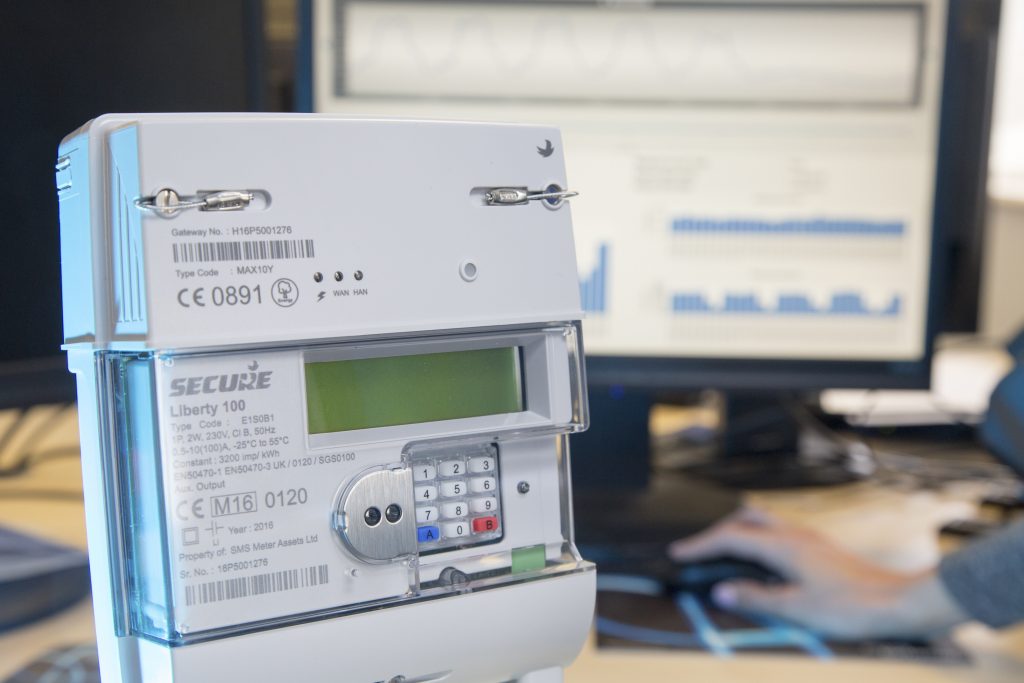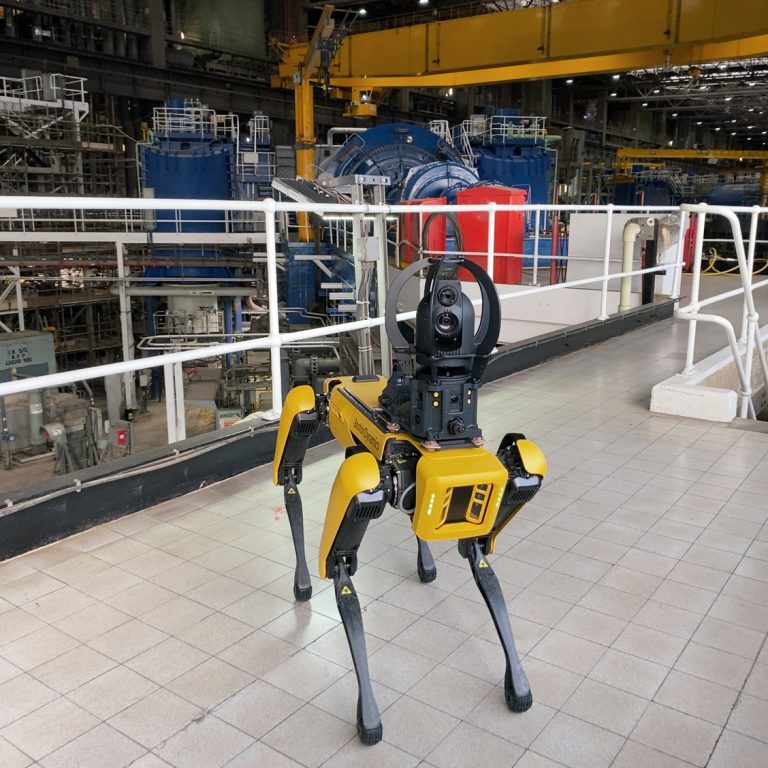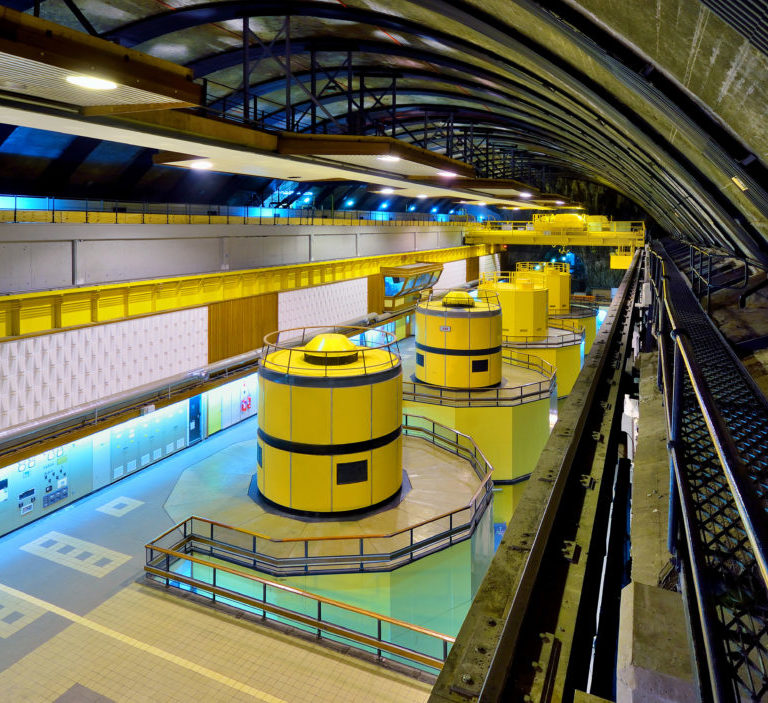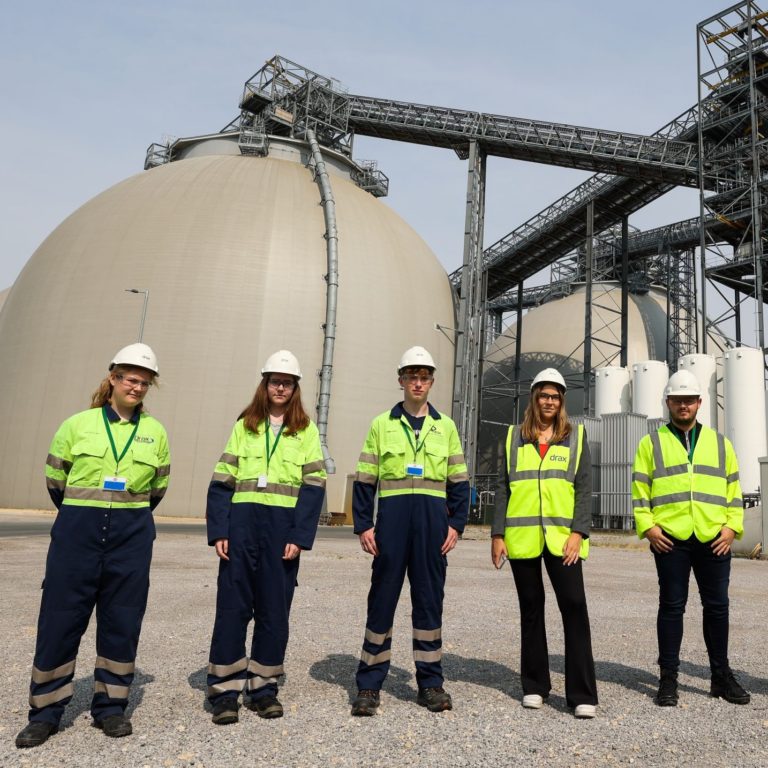Homes in the UK rely on energy almost 24 hours a day. Whether powering your computer, boiling your kettle or heating your home, electricity and heating fuels are absolutely integral parts of modern life. The same is the case with businesses and transport.
But how the gas and electricity we use to power our lives is tracked, recorded and fed back to utility companies is changing. It could mean lower bills and a more stable energy network and it’s all thanks to a small, inconspicuous box called a smart meter.
What is a smart meter?
Between now and 2020, every household and business in the UK will be offered smart meters for both electricity and, where they are on the network, gas too. A smart meter is a device that tracks your energy use in real-time and then automatically feeds this information back to your energy provider.
Better yet, in the UK they’ll be coupled with an in-home display showing what you’re using and how much it’s costing. It’s a simple piece of technology that can have a serious impact on how you use energy and how much you pay for it.
Will smart meters help reduce my energy bills?
The crucial difference a smart meter will make to household bills is seeing off estimated bills. In the past, utility companies would either ask you to take a reading from your meter, or send a representative to your home or office to get one. When they’ve not been able to do this, utility companies estimate your usage within a certain time frame and create a bill based on that.
With smart meters, the automatically-delivered details will mean utility companies have up-to-the-minute accuracy on customers’ energy usage. No more estimated bills. No more searching for your awkwardly-placed meter. No more unannounced meter readers arriving at your door.

Will smart meters change how I use electricity?
More than just improving accuracy and saving time, smart meters can help you use energy in a … smarter way.
They can pinpoint power-heavy home appliances as well as the times of day when you are using the most energy. With this information, you can optimise your usage to find where there are cost saving opportunities.
The data collected by your smart meter might show that you use most electricity in the evening when power demand is at its highest. Based on this you can change your habits to make the most of off-peak times and potentially lower tariffs, for example charging your battery-based appliances overnight.
Are smart meters good for the UK?
More accurate information is not only a benefit to home and business owners – the country as a whole could end up in a better place, too.
Armed with accurate numbers on how and when the country uses power, the National Grid, which manages the gas and high voltage electricity network, and Elexon, which manages the balancing market for electricity, will be able to better predict energy supply. If they track that electricity is being used at a certain time of day they can ensure generation by UK power stations like Drax, the UK’s biggest, is planned to match it. The aim is a more stable and efficient grid.
Utility companies could also use this data to create peak and off-peak times with different tariffs, opening the door for further cost savings and the smarter use of electricity nationwide. Coupled with the new market in battery technology such as the PowerVault and Tesla’s PowerWall 2, households and businesses will also be able to take even greater advantage of off-peak tariffs.
How can I get a smart meter?
Your electricity or heat supplier may install it for you, depending on the deal or package you are on. Contact them to find out what options are available.
Drax’s own electricity supplier, Haven Power, is currently investing in technology to allow it to use the new national smart metering infrastructure. It will begin rolling out smart meters to its customers during 2017 and will offer them to all of the businesses that purchase electricity from Haven Power by 2020.
Billington Bioenergy, Drax’s supplier of compressed wood pellets for heat, has installed smart meters – known as fuel level measurement systems – across various industries such as Care Home sector and Schools and projects that a third of its bulk-blown pellet customers will have them installed by 2020.



















